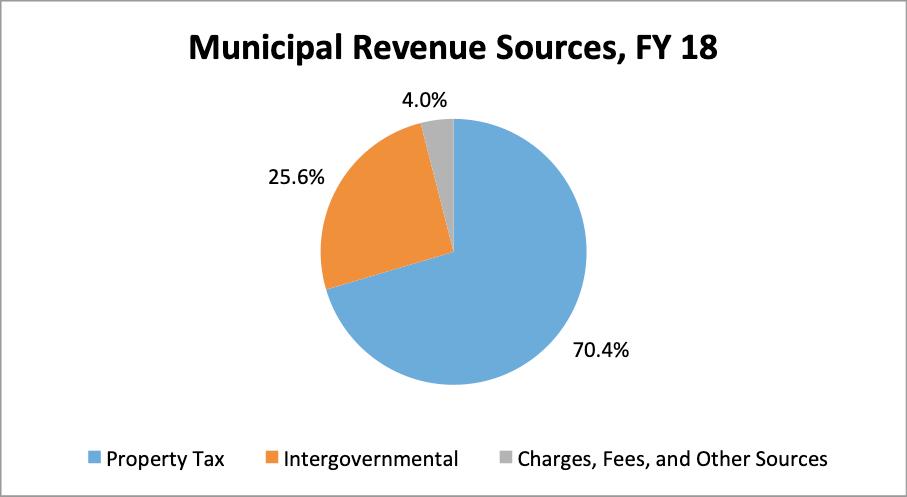
1 minute read
Property Tax Dependence
The property tax is the single largest tax on residents and businesses in our state. The levy in Connecticut was $10.8 billion in 2018.
The per capita property tax burden in Connecticut is $2,927, an amount that is almost twice the national average of $1,556 and 3rd highest in the nation.

Source: Tax Foundation, latest data available
Statewide, 70 percent of municipal revenue comes from property taxes. Most of the rest, 26 percent, comes from intergovernmental revenue, mostly in the form of state aid. Some Connecticut municipalities are almost totally dependent on property taxes to fund local government. Fourteen towns depend on property taxes for at least 90 percent of all their revenue. Another 49 municipalities rely on property taxes for at least 80 percent of their revenue.
Property Tax Exemptions
Another problem created by the overreliance on the property tax in Connecticut involves state-mandated tax exemptions on real and personal property. There are currently 77 mandated property tax exemptions in state statutes, and towns and cities lose staggering amounts of revenue as the result of these exemptions. (See Appendix B.) These State-imposed obligations and State-imposed revenue losses force all municipalities to increase their property tax rates. While the State reimburses municipalities for some of the lost revenue through payments in lieu of taxes (PILOTs), those reimbursements fall short.
Property tax exemptions impact all communities, but they impact some municipalities significantly. For example, in Hartford, Mansfield, and New Haven, over half the property is exempt from taxation.3 The result is that these municipalities have a limited base from which they can generate revenue.

Source: OPM, Municipal Fiscal Indicators, 2014-2018




